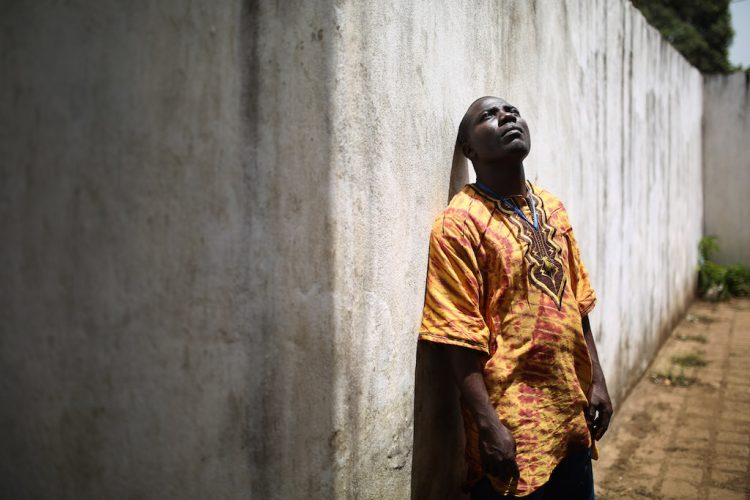Human Lives Human Rights: Taking away the stigma of mental illness is challenging, especially in Africa. But human rights organizations should consider establishing regular programs to address issues of mental health problems, to promote seeking help as a factor of resilience rather than weakness, and to illustrate that good mental health improves the productivity and performance of their employees.
“Every death by suicide is a tragedy,” said Dr. Matshidiso Moeti, WHO Regional Director for Africa, who maintained the suicide prevention was “rarely a priority” in national health programmes.
According to WHO, mental health problems affect 116 million people in the African region, up from 53 million in 1990.
The continent also has six of the top 10 countries for suicide in the world, while the agency also noted that for each suicide in Africa, there are an estimated 20 suicide attempts.
Despite the urgency of the problem, African governments allocate less than 50 US cents per person to treat mental health problems, says WHO. This is five times more than in 2017, but it is still well below the recommended $2 per person for low-income countries.
Furthermore, mental health care is generally not included in national health insurance schemes, WHO said, noting that in Africa, there is only one psychiatrist for every 500,000 inhabitants.
This is 100 times below the WHO recommendation. Additionally, mental health workers mostly work in urban areas, often leaving rural communities without any support.


















